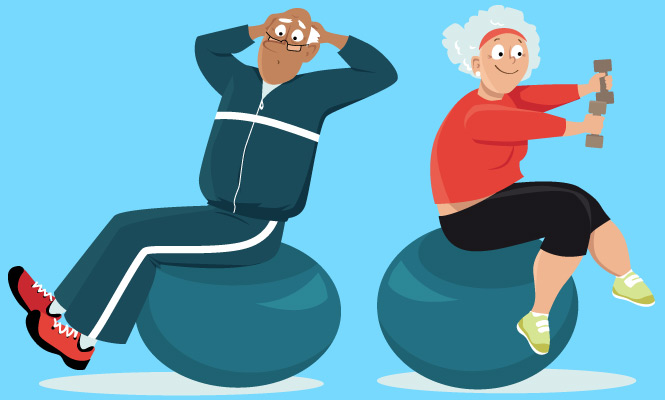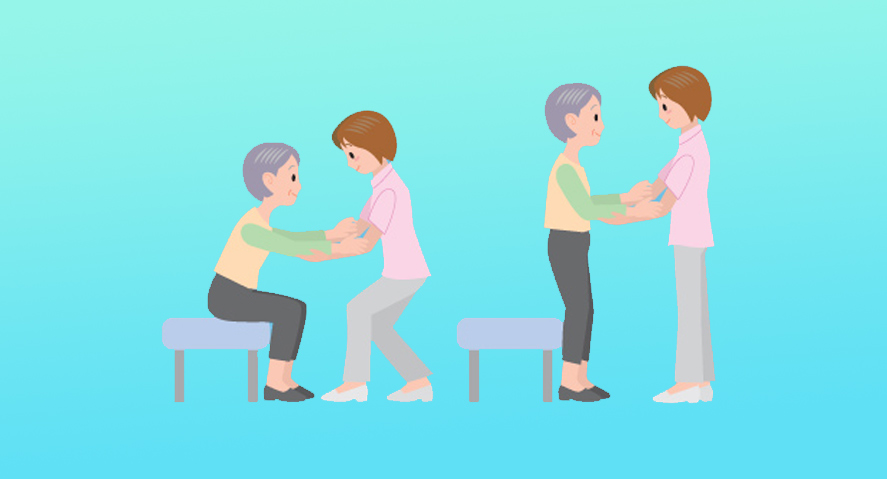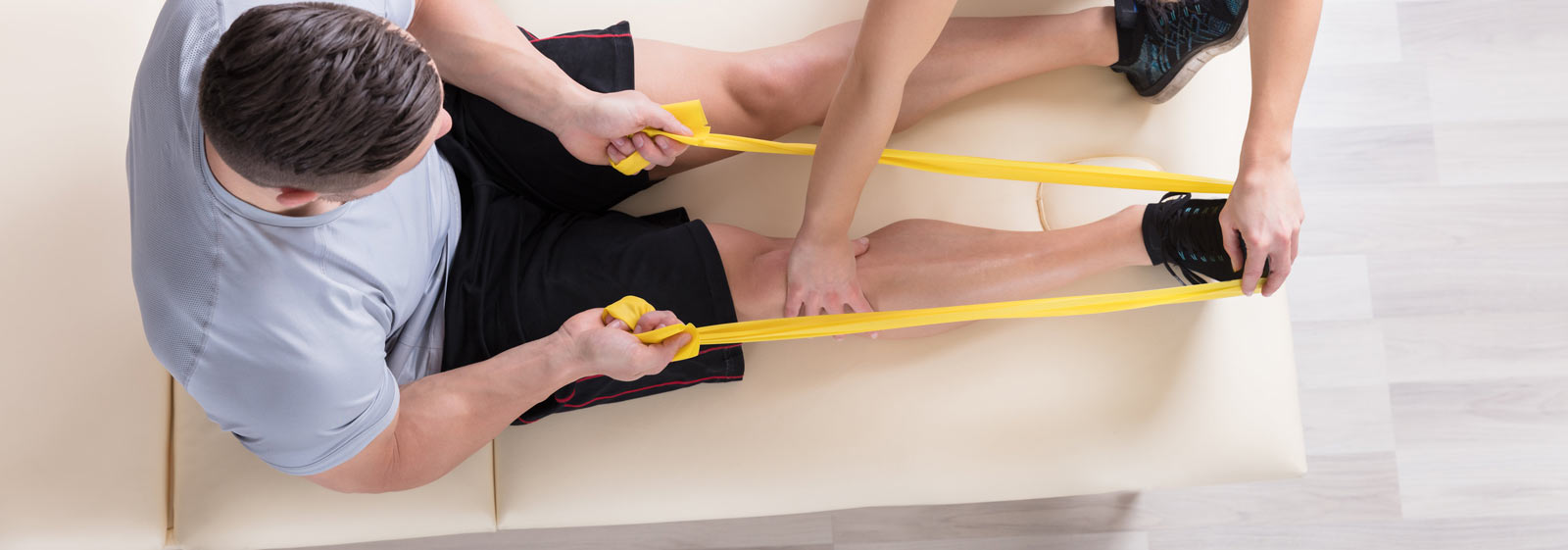Neuromuscular Rehabilitation for Breast Cancer & Core/Pelvic Floor Wellness
Neuromuscular rehabilitation is a specialized approach in physical therapy that restores optimal communication between the nervous system and muscles, helping patients regain movement, strength, and function. At Chaux Physical Therapy, Dr. Alexandra Chaux tailors neuromuscular techniques for breast cancer recovery and pelvic/core wellness, improving daily function, mobility, and quality of life.
Why Neuromuscular Rehabilitation Helps
For breast cancer survivors or individuals with core/pelvic concerns, neuromuscular rehabilitation can:
- 1. Restore Muscle Control & Coordination: Re-establish smooth and efficient movement after surgery or treatment
- 2. Improve Posture & Core Stability: Strengthen the deep core and pelvic floor muscles to support posture and relieve pain
- 3. Enhance Balance & Functional Mobility: Prevent falls and improve safe movement in daily activities
- 4. Reduce Pain & Tightness: Correct muscle imbalances and promote healthy movement patterns
- 5. Support Recovery & Confidence: Facilitate faster return to functional independence and daily routines

Techniques Used at Chaux Physical Therapy
- 1. Core & Trunk Control Exercises
- ● Strengthen deep core and pelvic floor muscles
- ● Improve stability, posture, and pelvic function
- 2. Postural Reeducation
- ● Corrects postural imbalances from surgery or radiation
- ● Enhances alignment for pain-free movement
- 3. Proprioceptive Training & Balance Exercises
- ● Re-trains the body to move safely and efficiently
- ● Reduces risk of falls or overuse injuries
- 4. Isometric & Functional Muscle Training
- ● Builds strength without stressing joints or surgical sites
- ● Focused on safe movement for breast or pelvic surgery recovery
- 5. Gentle Mobility & Stretching Techniques
- ● Restores range of motion in shoulders, arms, spine, and pelvic region
- ● Relieves stiffness and scar-related restrictions
- 6. Breathing & Neuromuscular Awareness Exercises
- ● Supports lymphatic drainage, relaxation, and core activation
- ● Helps manage stress, anxiety, and post-treatment fatigue

Who Can Benefit?
- – Breast cancer survivors post-surgery, chemotherapy, or radiation
- – Patients with lymphedema, cording, or post-mastectomy tightness
- – Individuals with pelvic floor weakness, prolapse, or incontinence
- – Anyone needing improved posture, core stability, or movement coordination
How Neuromuscular Rehabilitation Differs
- ● Focused on Functional Recovery: Targets specific deficits caused by surgery, treatment, or pelvic/core weakness
- ● Hands-On & Guided Exercises: Unlike general exercise programs, techniques are customized to patient needs
- ● Holistic Approach: Combines movement, posture, core/pelvic activation, and nervous system retraining
Is Neuromuscular Rehabilitation Right for You?
If you are recovering from breast cancer treatment or addressing core/pelvic concerns, neuromuscular rehabilitation can help you regain function, reduce pain, and strengthen your body safely.
Consult with Doctora Alexandra Chaux at 805-203-0040 for a personalized assessment and treatment plan.

